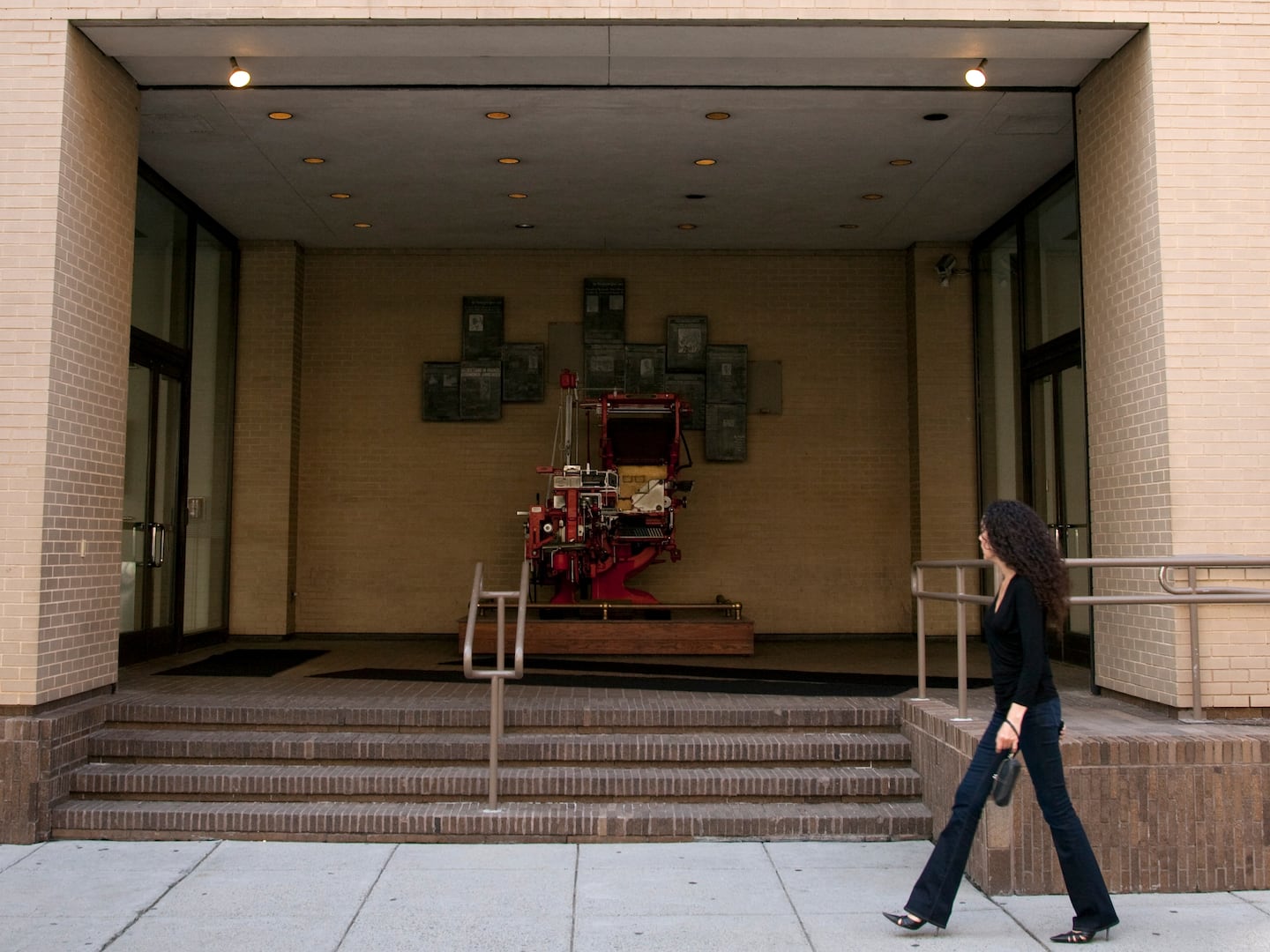Some supporters of President Trump are calling for the firing of Special Counsel Robert Mueller. Not only would this action affect the investigation he is leading, it would be an attack on the rule of law itself.
Last week, following the congressional testimony of former FBI Director James Comey, Trump proclaimed “total and complete vindication.” Trump was apparently referring to testimony that Comey had indeed told Trump three times that Trump was not personally under investigation in the FBI’s probe into Russian interference in the 2016 election, just as Trump had written in the letter firing Comey in early May. And now, some Trump supporters are arguing that Trump should fire Mueller because a special counsel is no longer necessary.
But these supporters miss the point. Even if Trump wasn’t under suspicion then, he is now. And perhaps even more importantly, a special counsel is needed to safeguard the integrity of the investigation and the Department of Justice itself. The public should be deeply concerned about this administration’s hostility toward the independence of the whole Justice Department following its treatment of the FBI.
Mueller, of course, was appointed by Deputy Attorney General Rod Rosenstein to investigate any interference by Russia into the 2016 election, any coordination with the Trump campaign and any other matters that may arise from that investigation. At the time of his appointment, Mueller was widely hailed as person of great integrity who served in Republican and Democratic administrations and is deeply respected across the political spectrum.
Despite Comey’s prior assurances to Trump, a special counsel, outside of the administration’s chain of command, is still necessary.
First, Comey testified that he told Trump that he was not under investigation in the Russia counterintelligence inquiry, not that he had been cleared. These are two very different things. In fact, Comey said that he warned Trump that if Comey publicly announced that Trump was not under investigation and then that status changed, Comey would have a duty to correct the public record. This comment suggests that Comey believed that it was possible that Trump could come under investigation as the probe evolved.
Second, other members of Trump’s campaign are under investigation. Comey dropped the biggest bomb of all when he suggested that in addition to Flynn, Attorney General Jeff Sessions may be implicated as well. Comey testified that Sessions was likely to recuse himself because of “facts that I can’t discuss in an open setting that would make his continued engagement in a Russia-related investigation problematic.” While we don’t know what those facts are, Comey’s testimony strongly suggests that Sessions may be a subject or witness in the counterintelligence investigation. If any member of the administration is under investigation, a special counsel is necessary to lead the investigation to avoid actual and apparent conflicts of interest.
Third, Trump may have committed obstruction of justice in his pattern of conduct relating to the investigation of his former national security advisor, Michael Flynn. While a president can direct his appointees to prioritize certain crimes, such as drug trafficking or violent crime, he cannot interfere in any particular case, especially one that implicates a member of his own administration. When combined with other facts, Comey’s testimony that Trump cleared the room and asked him privately that he “hoped” Comey could see his way to “letting Flynn go” could support a charge of obstruction of justice. A special counsel is necessary to determine whether Trump committed a serious crime by trying to impede a federal investigation, and to reach a conclusion that has public confidence.
But a special counsel is also needed to maintain the long and proud tradition of independence of our criminal justice system. In light of Trump’s alleged request for a pledge of loyalty from Comey, public confidence demands a special counsel. Trump’s request to Comey for a loyalty pledge begs the question as to whether other appointees have been asked for and have pledged their loyalty.
At the Department of Justice, loyalty is pledged to our nation, not its president. The independence of the FBI and the Department of Justice is what protects us from a dictatorial regime that jails its enemies for political purposes. This independence has a longstanding tradition in the United States that is jealously guarded by those who work in the Justice Department, as I did as a federal prosecutor for 19 years.
As an assistant U.S. attorney and later as U.S. attorney, I took the oath that all federal employees take to “support and defend the Constitution of the United States” -- not to support and defend the president.
Shortly after I began serving as U.S. Attorney for the Eastern District of Michigan in 2010, President Obama greeted me and my colleagues from across the country at the White House for a ceremonial photo and welcoming remarks. I distinctly remember what President Obama told us during that meeting – that we serve the people of the United States and the Constitution, and not him, and that we if ever perceived that those interests diverged, we must honor our loyalty to the people and the Constitution.
While the president appoints U.S. attorneys, the attorney general, and FBI director, these positions are seen within government as independent of the president who selected them. For this reason, U.S. attorneys are prohibited from communicating directly with the White House to avoid actual or perceived interference in investigations. All communications instead go through DOJ’s White House liaison to ensure that case matters are not discussed between the administration and DOJ. That’s why former Manhattan U.S. Attorney Preet Bharara said recently that he was so troubled when Trump telephoned him “ostensibly just to shoot the breeze,” and seemed to be “trying to cultivate some sort of relationship.”
During a 2016 campaign debate, DOJ employees were aghast when Trump said he would direct his attorney general to appoint a special counsel to investigate Hillary Clinton regarding her email situation. The idea that an American president could seek to prosecute his political opponent rocks the foundation of our democracy.
Now we have a president who has demanded loyalty from his FBI director in the same conversation in which he asked him if he wanted to keep his job. When Comey refused to drop the Flynn investigation, Trump not only fired him, but has since then also tried to discredit Comey and the FBI, putting his personal interests ahead of the interests of our country.
Loyalty to the boss may work in business, but it is not appropriate in a government of the people, by the people and for the people. In the words of John Adams, we are “a nation of laws, not of men.”
After Comey’s testimony and Trump’s own statements, a special counsel is the only way to ensure an independent investigation that will conclude with public confidence.
Barbara McQuade is a professor at the University of Michigan Law School and a former United States Attorney for the Eastern District of Michigan.






